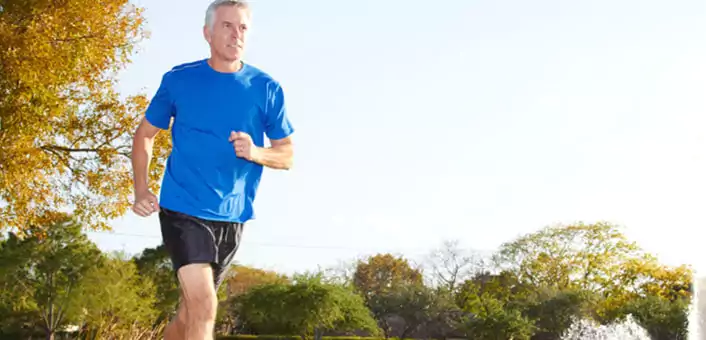
Menopause
Signs Of Andropause To Look Out For After 40
May 7, 2017Andropause, also known as male menopause, is attributed to a decrease in testosterone levels in men. The signs of andropause start appearing from the age of 40-55. Let’s look at some common ones.
Low Libido
A drop in testosterone levels can cause low libido or low desire for sex. This happens because one of the main functions of testosterone is maintaining sperm count, thereby boosting libido in men. Testosterone levels start dropping gradually after the age of 30. By the time men reach 50, their hormone levels are low. This can also cause erectile dysfunction, another common sign of andropause.
Weight Gain
Weight gain occurs naturally in most men around the age of 50. But, andropause can cause several changes in the upper body. Accumulation of fat cells increases as testosterone levels drop. In some cases, fat mass increases around the breasts, causing swollen breasts or gynecomastia (another symptom of andropause).
Hair Loss
Testosterone plays a vital role in the growth of hair. Though hair loss can be hereditary, andropause can also cause baldness in older men. Male pattern baldness, or loss of hair in certain patches, can occur due to such hormonal changes.
Mood Swings
Andropause can cause many physical and psychological changes. Similar to what is experienced by women during menopause, men can also experience mood swings, irritability, depression or lack of focus during andropause.
Prostate Enlargement
Prostate enlargement is another significant change that could occur during andropause. The size of the prostate gland increases as men get older. The increase in size depends on person to person. The prostate could also develop hard spots. Other signs of andropause that one might experience along with prostate enlargement are frequent urination, straining while urinating and having difficulty in controlling one’s bladder.
While andropause is a natural phenomenon and cannot be avoided, there are ways to increase testosterone naturally. Read on to to know more about natural supplements for managing andropause.
References:
https://www.ncbi.nlm.nih.gov/pubmed/8626841




